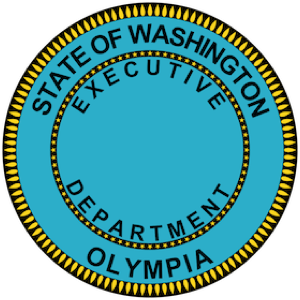The Washington State Office of the Governor (WA Governor) hosts public bill signing ceremonies in response to the passage of legislation by the Washington State Legislature.
Bill Action
- HB 1066 - "Making technical corrections and removing obsolete language from the Revised Code of Washington pursuant to RCW 1.08.025."
- SB 5187 - “Making 2023-2025 fiscal biennium operating appropriations.”
- SB 5200 - “Concerning the capital budget.”
